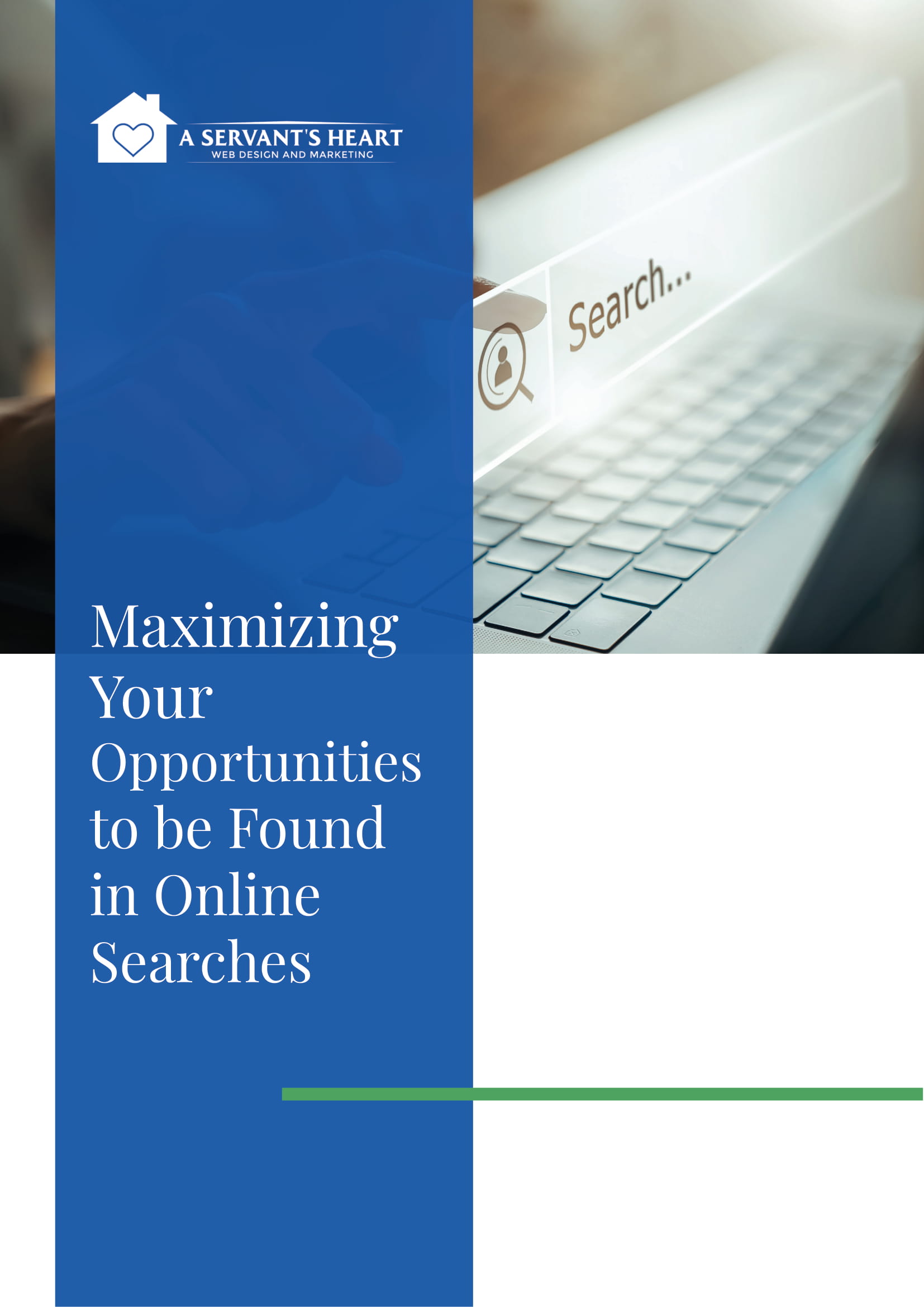
Facebook is changing the way they’re handling their review system. The social media powerhouse just announced it will be switching from review ratings to recommendations. As such, it will no longer collect review ratings; rather, it will request recommendations directly from users offering a Yes/No option. This will force reputation managers to have to read further into the feedback text to learn more. Additionally, a new “rich endorsements” feature will give Facebook users the chance to upload images of their experience with a particular business to go along with their recommendations.
So why the change? Well, for one thing, the new recommendation reporting feature is designed to make it easier to spot and flag fake reviews than other platforms. This yes/no system is currently being rolled out to Facebook business pages — a system that will eventually completely phase out the current star-rating system, says BrightLocal. While the average rating out of five displayed on the page will stay, the system will only consider past reviews and new recommendations.
Rich Endorsements
This isn’t the only update local businesses will witness. Included in the new recommendations process, users can also leave “rich endorsements” when reviewing a business, to include both text and photos. Right now, this function is available only to restaurants and coffee shops but will be made available in other industries soon. The thought here is to simplify the recommendation-leaving process through the suggestion of attributes, or tags, for the user to choose. Does this sound similar to the subjective/objective attributes rolled out by Google My Business? That’s because it is.
Similarly, Google redefined what it considers to be low-quality content as part of its search quality rater guidelines. For the first time, “reputation of the creator of the content” is mentioned, featuring prominently throughout the document. Also known as SQRG, these are principles that act as a guideline in training human raters responsible for evaluating the effectiveness of its search algorithms.
Their research provides a benchmark against which Google can determine how close their search results are to what actual live humans believe to be “quality content,” says Search Engine Journal. It’s not a search ranking factor but it does provide a solid picture of what Google is looking for in the pages that will appear at the top of search results.
Risks
These Facebook updates are designed to enhance the way in which local businesses request and handle Facebook reviews. It’s going to become easier to request a recommendation, with the opportunity to “leave a recommendation” being quicker for both the business and user.
The downside to this new approach is that Facebook is risking the collection of feedback from those who have very strong opinions. Whereas before, those who were just mildly satisfied with a business could leave a two to three-star review; however, now, those same people who were apathetic about a product or service may not bother to write anything at all. The result? Local business pages may get fewer reviews in theory; however, this may be offset by the easier process.
Because quantitative responses will be reduced from five to two, reputation managers will have bigger shoes to fill when it comes to monitoring and responding to Facebook reviews and recommendations. Essentially, they will have to take the time to delve into the content of the recommendation. Keep in mind that recommendations aren’t the only things that will show up on the page. Users can leave a message in response to the question: “How could (name of business) improve?”. Those responses will then be published according to the user’s wishes. If they so choose, they could send private feedback, which remains a viable option on this platform.
Authenticity of Recommendations
In an effort to keep the upcoming recommendations authentic and guard against fake reviews, both users and Facebook page owners can now report recommendations for the following reasons:
- Spam
- Hate speech
- Irrelevancy
- Unfair recommendations
- Nudity
- Suicide or self-injury
- Violence
- Harassment
- Drugs
This is designed to put more control into the hands of people using the system and to prevent fake reviews from taking over, which is a challenge felt by any platform of this kind. It remains to be seen how this new Facebook recommendations system will impact the overall average star ratings over various platforms. There are definitely some kinks to work out, such as: will reputation managers convert a Facebook recommendation into the equivalent of a five-star rating, resulting in inflated average star ratings? Or will there be an increased effort to separate this kind of customer feedback from the other five-star ratings?
This may spur a trend across review platforms but only time will tell.
Contact A Servant’s Heart Web Design and Marketing
Learn more about the new recommendations system and find out how we keep your home care business reputation intact online through our online reviews management services. Contact us today at (760) 227-2720.


